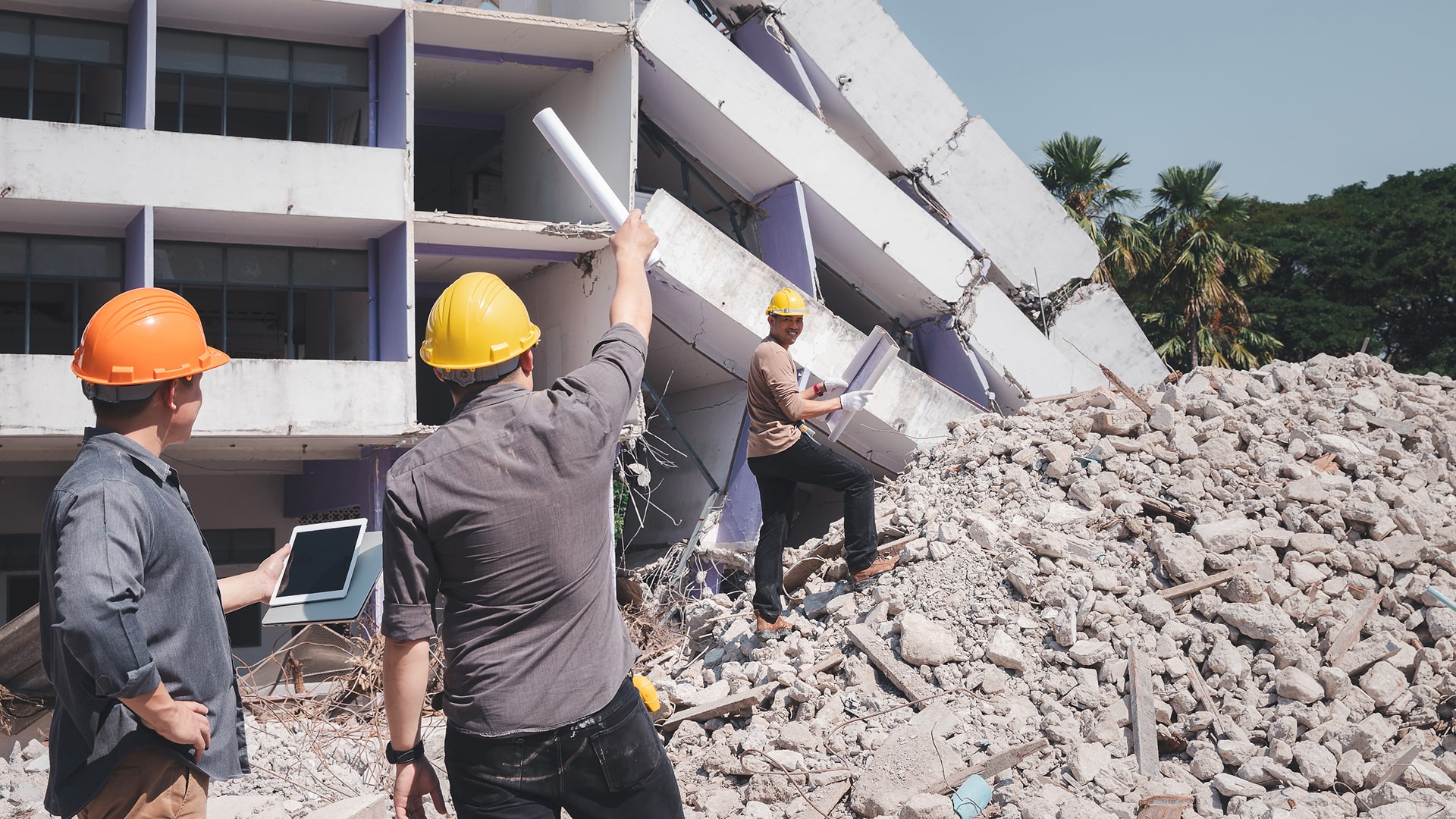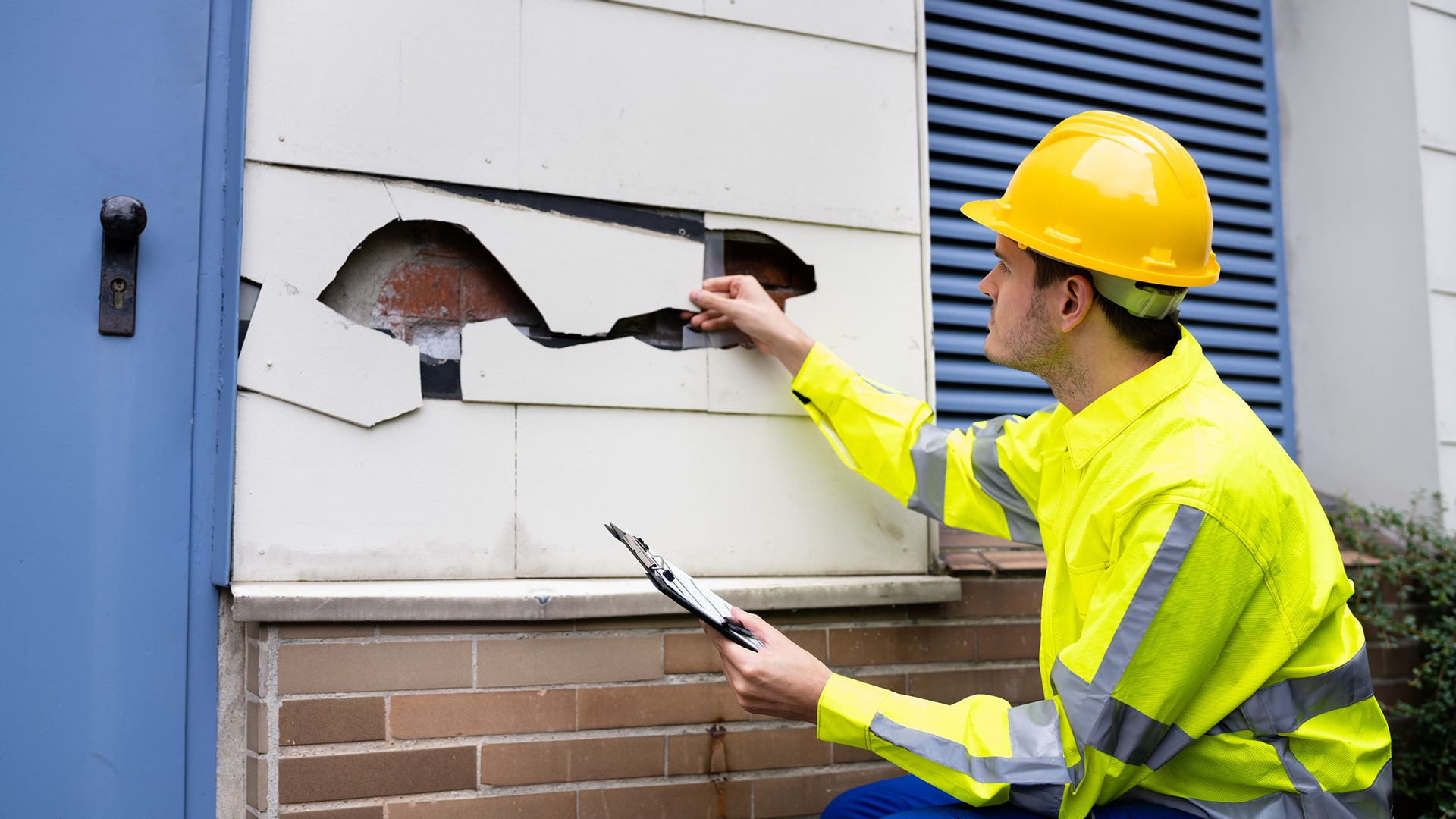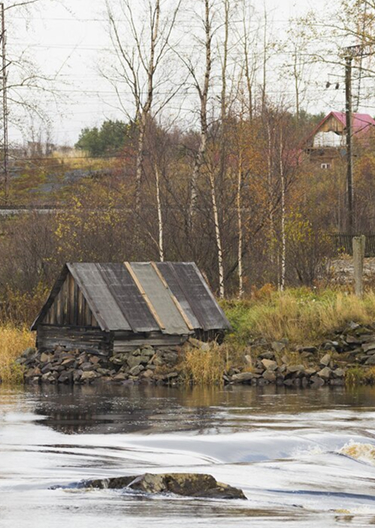Floods don’t just leave watermarks on your walls—they leave scars on your psyche. Homeowners talk about the gut-wrenching moment they find a soaked wedding album or a child’s stuffed animal floating in muck. Property managers feel the weight too: tenants displaced, leases canceled, and a inbox full of furious emails demanding answers. The physical cleanup—pumps, fans, trash bags—is grueling, but it’s the emotional slog that catches people off guard. You’re not just restoring a building; you’re wrestling with loss, stress, and a nagging sense of “Why me?”
It’s personal for homeowners. Your house isn’t just an asset; it’s your sanctuary. When water invades, it’s a betrayal—nature or pipes turning against you. One friend described it as “grieving a living thing”—watching her kitchen, where she’d hosted every Thanksgiving, become a swamp. Research backs this up: disasters like floods can spike anxiety and depression, mimicking the stages of grief. You’re angry at the rain, bargaining about the damage, and eventually accepting that some things can’t be saved. It’s not weakness; it’s human.
Property managers carry a different burden. You’re the bad guy by default—tenants don’t care that the flood wasn’t your fault; they just want their lives back. One manager I know spent weeks sleeping four hours a night, juggling contractors and sobbing renters, only to get a “You failed us” note slipped under his door. The pressure to fix it fast, keep costs down, and maintain occupancy is a tightrope walk. Burnout creeps in, and suddenly you’re questioning why you took this job.
What gets lost in the chaos? Permission to feel it. Society expects you to soldier on—mop up, file the claim, move forward. But floods aren’t spilled drink; they’re a disruption that lingers. Homeowners don’t bottle it up—talk to someone who’s been there, even if it’s just a neighbor over coffee. Property managers, lean on your network; a fellow manager who’s survived a multi-unit flood can offer more than sympathy—they’ve got battle-tested tips. Restoration crews can help too. The good ones don’t just haul equipment; they’ve seen the tears and the triumphs and can remind you this isn’t forever.
Coping means pacing yourself. Break the recovery into chunks—today’s the basement, tomorrow’s the claim. Celebrate small wins: a dry corner, a tenant thank-you. And if it’s too much, step away. A walk, a beer, a scream into a pillow—whatever resets you. Flood cleanup tests your resilience, but it doesn’t define it. You’re tougher than the water thinks.

















